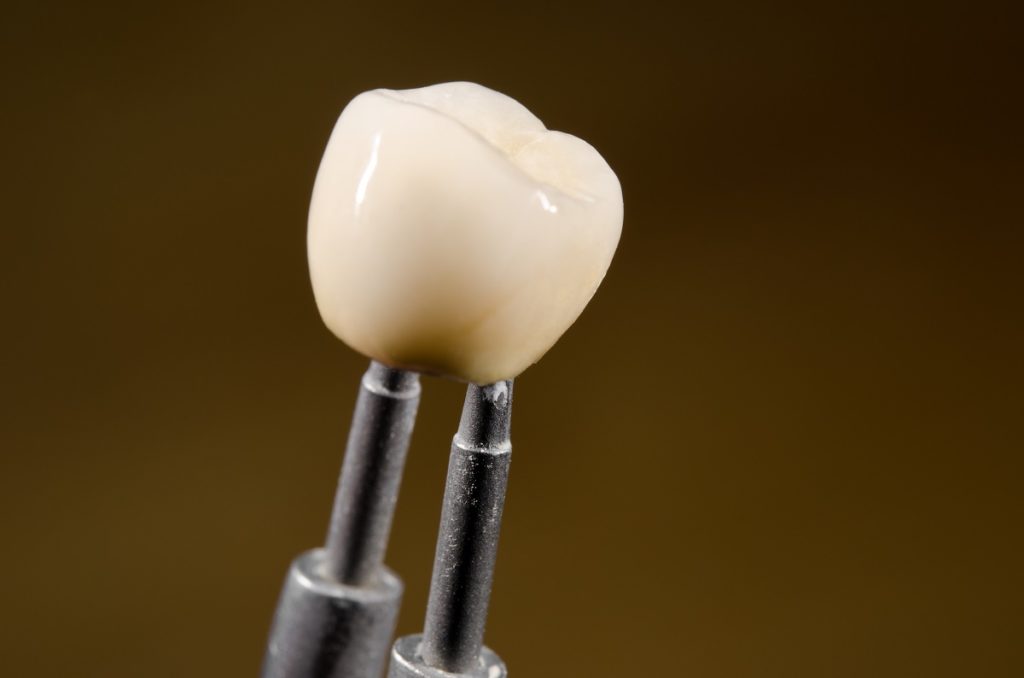What are dental implants?
Dental implants are metal appliances that are used to replace one or more missing teeth. They are made out of titanium, which is a metal with really special properties with regards to dental implants and other surgical implants: the body recognises titanium as if it was natural tissue, and thus grows tissue around it. This makes titanium dental implants integrate into the jawbone and its surrounding tissues, where it gets implanted. The process of integration is called osseointegration in the medical jargon. This is a huge benefit, as this can make these implants last for a very long time, and it also makes them very strong and resilient to the daily process of chewing food, which exerts enormous amounts of pressure on teeth. You can get high quality dental implants in Herefordshire at Warrendale Dental Care.
When does one need a dental implant?
As it was mentioned before, dental implants serve as tools to replace a tooth or multiple teeth, sometimes even entire dental arches. One of the main reasons why people lose teeth in adulthood is tooth decay, also known as caries. Tooth decay occurs as a result of bacterial overgrowth in the mouth. These bacteria make up the natural microflora of the oral cavity and have important physiological roles, some of which are still unknown today.
However certain environmental factors make a more than perfect niche for these bacteria, which results in their overgrowth. Bacteria form a biofilm on the surface of teeth called dental plaque. During their metabolism they produce organic acids, which contribute to the decay of teeth through the dissolution of their mineral content. If the tooth decay progresses to the innermost part of the tooth, the pulp tissue, it can result in tooth loss.
Another important cause of tooth loss is periodontal disease (gum disease). This is also due to bacterial overgrowth, however, it is caused by the body’s natural immune response to oral bacteria resulting in inflammation. If this becomes chronic, it can result in the damage of the gingiva (gum tissue). You can prevent tooth loss by having a good oral hygiene and care routine, which involves the regular brushing of your teeth, the use of dental floss, and the use of antibacterial mouthwashes.
What are the benefits of implants?

As mentioned above, the pressure exerted on teeth is enormous – did you know that the strongest muscle is the masseter muscle? It is capable of exerting 25 kilograms worth of pressure on the incisors, and a whopping 90.7 kilograms worth of pressure on the molars. As implants integrate into the surrounding tissue they are capable of bearing such pressures – some patients even claim they are stronger than their natural teeth!
This makes implants a long term solution for tooth loss, allowing you to smile, speak and eat whatever you like with confidence. Another benefit is that you do not have to remove these. You can simply just brush and floss your teeth without the need for removal and specific cleaning materials. Moreover, with dental implants you cannot get cavities on your replacement teeth, but it is still important to maintain good oral hygiene to prevent gum disease.
